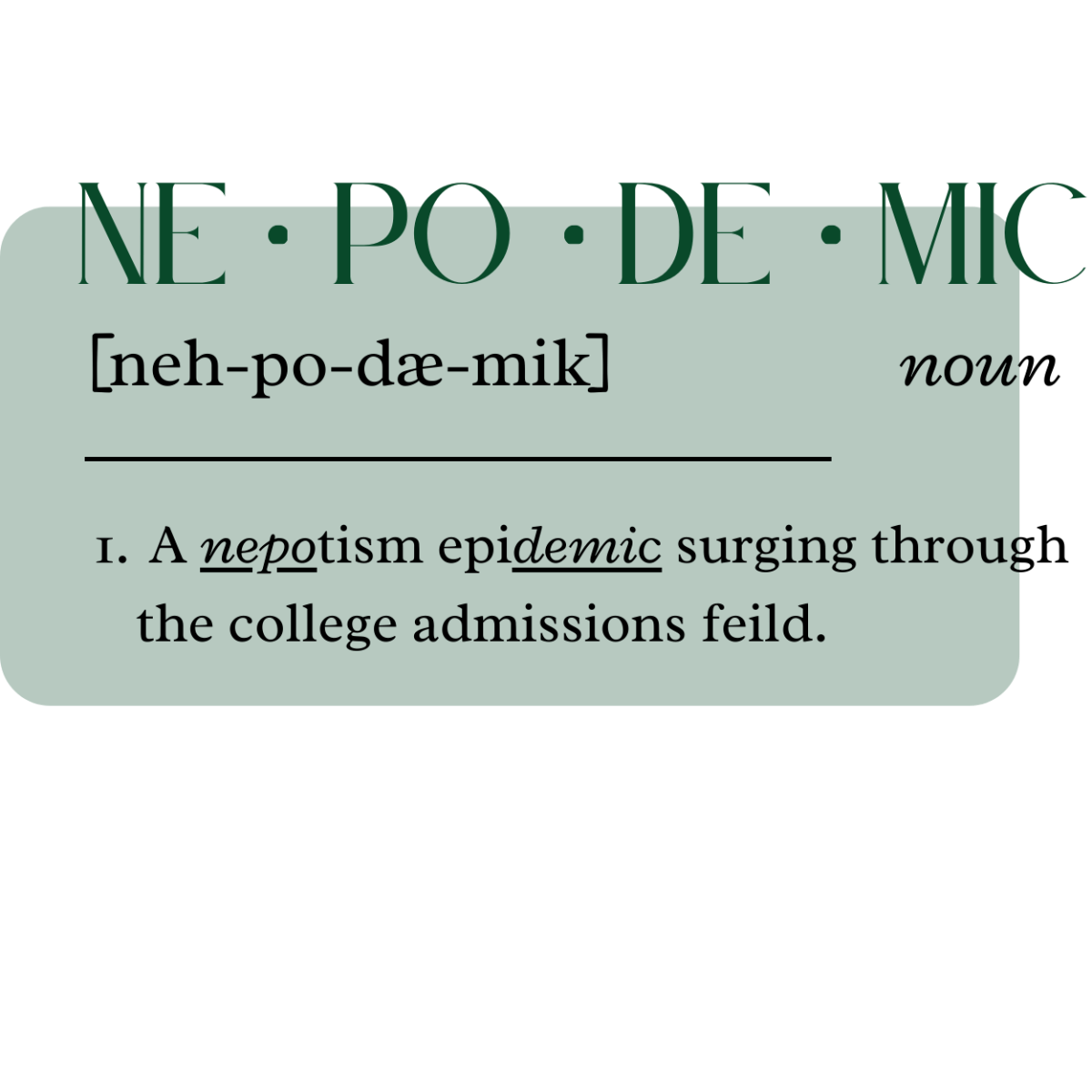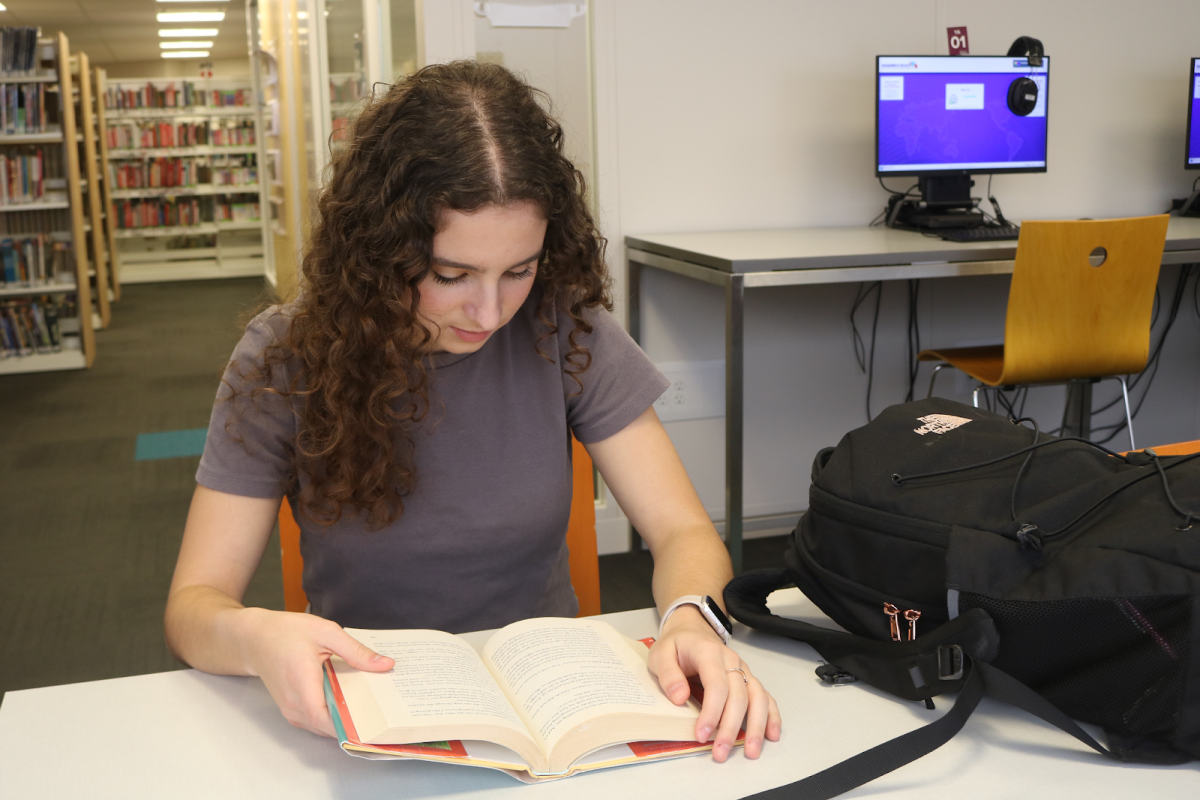Until last week, I had never gone beyond the “Read” tab on Wikipedia pages. Actually, I didn’t even know Wikipedia had these tabs, but they do, and that means it only takes one click to edit any page on the site. It seems obvious, then, why it’s the free encyclopedia.
However, there’s more to it than random people typing up whatever they want onto some purportedly factual forum. Actually, there exists an intricate system of user divisions assigned to combat vandalism, hoaxes, and other inaccuracies that may be present on the site. The Counter-Vandalism Unit, for example, is one of the largest internal site organizations tasked with keeping the encyclopedia factual. Additionally, administrators and established site users can respond to repeated violations of Wikipedia policy by restricting editing privileges of new registered users and non-registered users on specific pages for short periods of time.
A study conducted in 2005 by Nature magazine dictates that based on experts’ investigations of a range of articles from both Wikipedia and Britannica—a widely respected database—the former is nearly as accurate as the latter; in fact, the difference between the two sources appears to be negligible. Unfortunately for all those who use this commonly cited study to validate their claims to the accuracy of Wikipedia, this inquiry also finds that there exists an inextricable disparity in the two sources’ relevance and completeness of information. Relevance of items on the free encyclopedia (how necessary the information is they cover) was found to be lacking, and completeness of Wikipedia articles (whether or not they cover all important aspects of the topic) averaged only roughly 83.8% with huge variance depending on the subject of the article.
Still, Wikipedia seems to offer solid introductions to new topics, though articles on more technical or more controversial issues can be inconsistent. The Harvard Guide to Using Sources includes an entry on the usefulness and accuracy of Wikipedia that warns against its citation in formal writing or research but does not overlook its helpfulness in acquainting oneself with a subject.
According to Harvard, “The fact that Wikipedia is not a reliable source for academic research doesn’t mean that it’s wrong to use basic reference materials when you’re trying to familiarize yourself with a topic… These sources can be particularly useful when you need background information or context for a topic you’re writing about.”
Wikipedia itself actually admits to many facets of this statement in its article on its own reliability: “Because Wikipedia can not be considered a reliable source, the use of Wikipedia is not accepted in many schools and universities in writing a formal paper, and some educational institutions have banned it as a primary source while others have limited its use to only a pointer to external sources.”
The conclusion, then, is manifest: Wikipedia’s questionable accuracy can only be ignored upon first initiation with a subject matter, and articles written by potentially biased and/or unqualified people should never be substituted for information from established authorities on complex topics. In other words, Wikipedia can be accurate, but not accurate enough to supplant sources like Britannica as consistently reliable in expertise.












